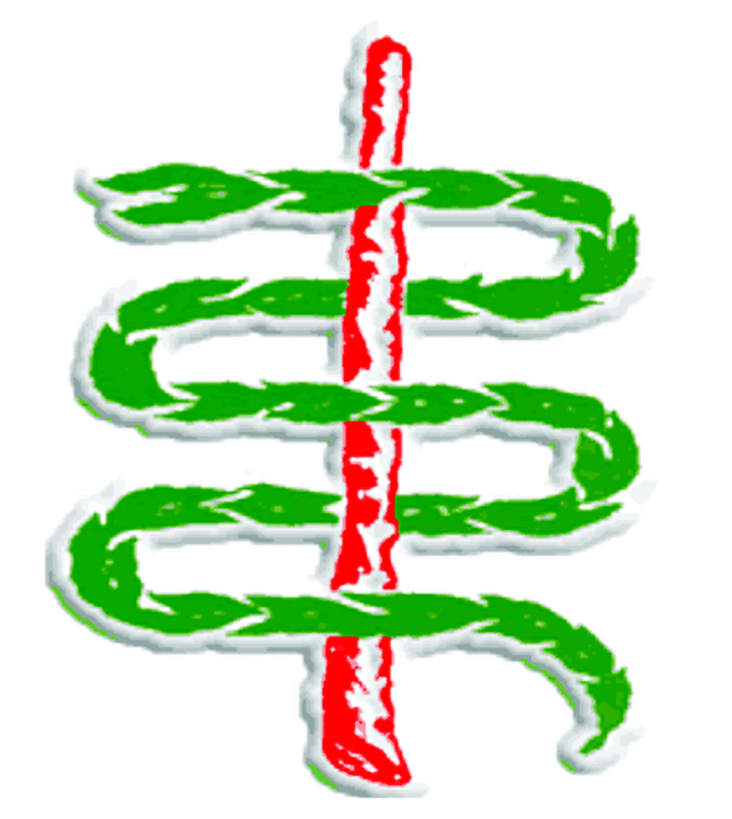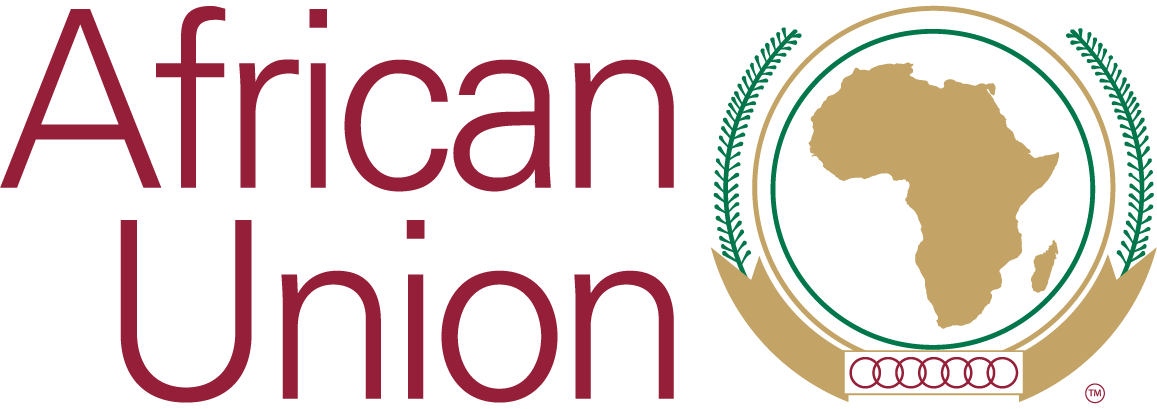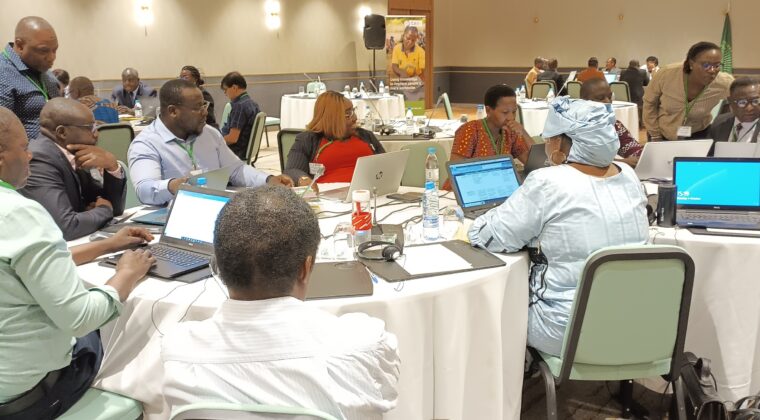Experts unpack implementation of Plant health strategy for Africa
By Chipiliro Kansilanga in Lusaka, Zambia
African Member States, partners, experts and all stakeholders have gathered in Lusaka to brainstorm the implementation plan for the plant health strategy for Africa (PHSA) which is set to become the blueprint for plant health management in the continent.
The strategy was developed to achieve a vibrant, robust and practical plant health system for Africa to improve food safety, food and nutrition security, improved livelihoods and trade.
The 5-day writeshop will specifically draft implementation plan for the strategy including targets and milestones, develop coordination mechanism for plant health activities in Africa and develop a mechanism for enhancing ownership of the strategy and buy-in by all relevant stakeholders.
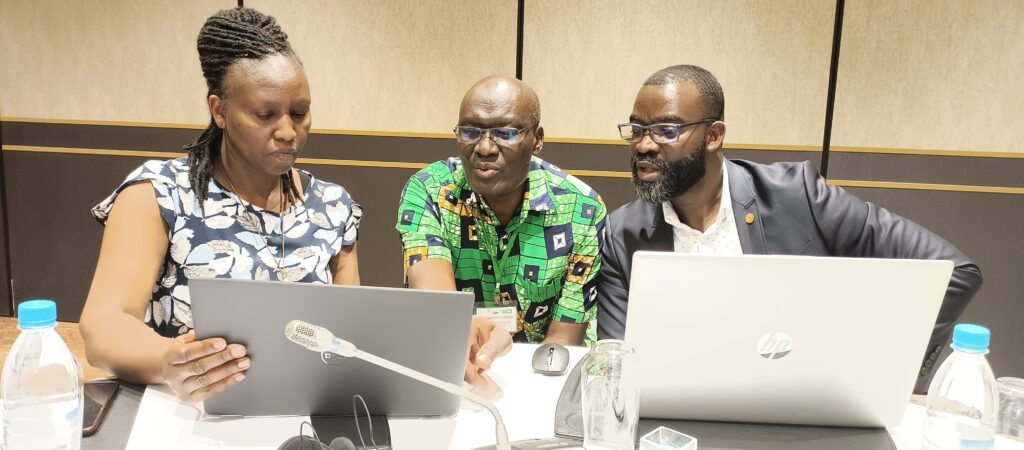
IN THE THICK OF THINGS: Some of the plant health experts from African Union and CABI in the thick of things at the writeshop and below, brainstorming sessions in progress. Pics by Chipiliro Kansilanga
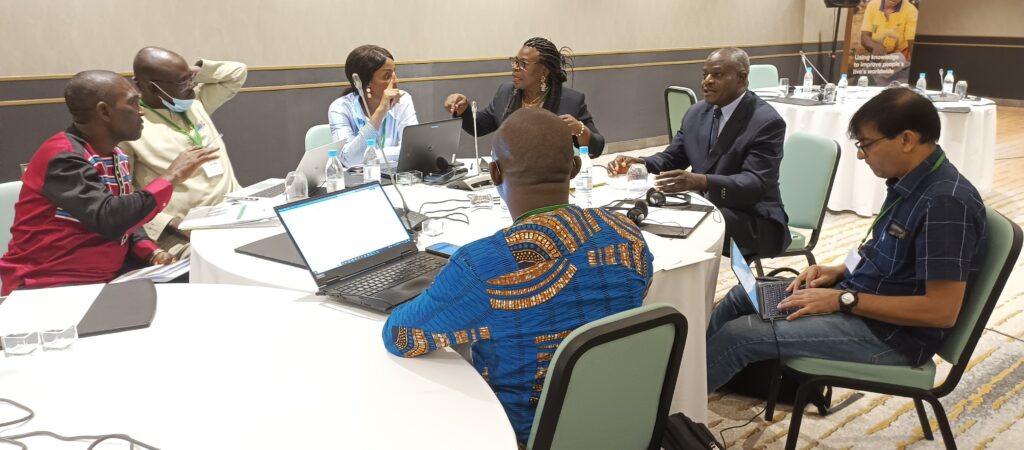
It has been organized by African Union with support from the Centre for Agriculture and Bioscience International (CABI) through funded from the United States Department of Agriculture (USDA) and has drawn together almost 40 Member States, partners, experts in plant health across the continent.
African Union Inter-African Phytosanitary Council (AU-IAPSC) Coordinator Jean Gerard Mezui M’ella said the exercise was crucial considering the importance African Union and its partners is placing on the strategy and recognising its potential to turn around the plant health sector in Africa is successfully implemented.
“We are looking at the bigger picture here, the positive impact the strategy has, if well implemented on the ground, this is why we have not hesitated to bring on board as many experts and stakeholders in the field so that our approaches are both practical and sustainable,” he said.
Cooperation, joint coordination and information sharing and exchange are some of the key implementation principles that are being highlighted and advanced for the success of the strategy.
All keynote speakers at the writeshop emphasized how protecting plants from pests and diseases and keeping them healthy is more important than ever to secure food for a growing world population of humans and domestic stock.
On the sidelines, CABI’s Project Manager and Scientist–SPS, Dr MaryLucy Oronje said the strategy is also poised to address inadequate and apply better sanitary and phytosanitary (SPS) measures in Africa.
“There is currently a lack of clear national and regional coordination frameworks of National Plant Protection Organizations which are underfunded and unequipped to implement international standards,” she said.
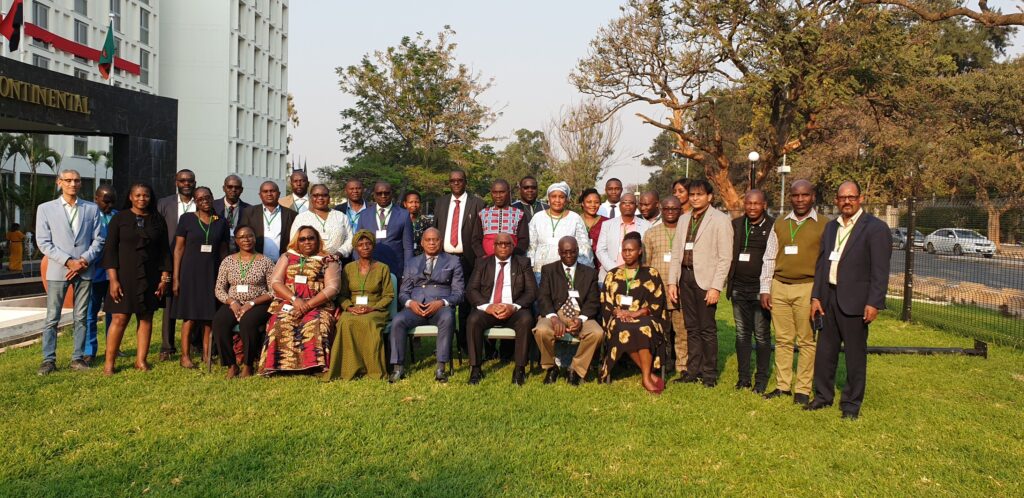
Group photo of participants to the plant health strategy implementation plan Writeshop in Lusaka, Zambia. Pic courtesy of CABI
Already coming out of the discussions is the need to determine clear targets and milestones, identify coordination mechanism among the regions, beyond the Member States and enhance ownership among all stakeholders.
The expected outcomes include crop production and productivity and increased access to export market, with the ultimate aim of improving food safety, food and nutrition security, improved livelihoods and trade which is the core of the strategy.
Monitoring, evaluation and learning is also a strong aspect of the implementation plan being advanced during the process to ensure sustainability of the strategy in its 15-year timeline.
Of joint interest at the writeshop is also how all relevant players in plant health can continuously share best practices, build capacity in human and physical infrastructure, apply lessons learnt from past mistakes, and also influence the drafting of relevant bills, as a way of strengthening phytosanitary measures.
The Plant Health Strategy for Africa (PHSA) was adopted by the 4th Specialized Technical Committee on Agriculture, Rural Development, Water and Environment (ARDWE) held in December 2021 and was subsequently endorsed by the 40th Ordinary Session of the Executive Council of the African Union.
